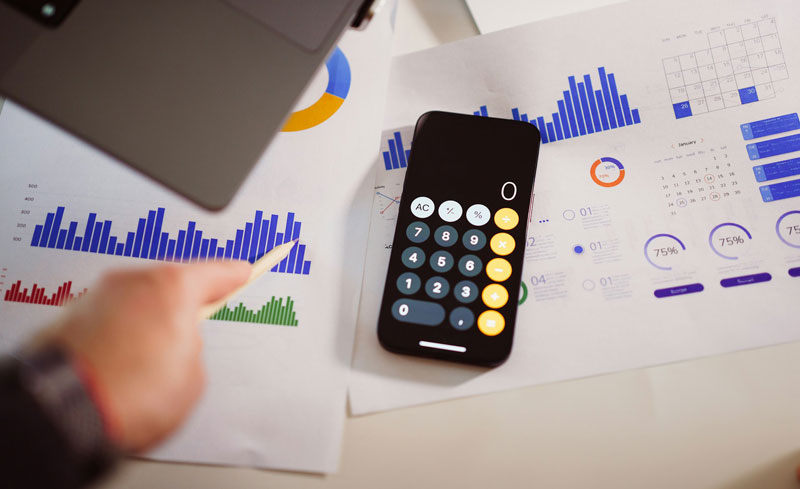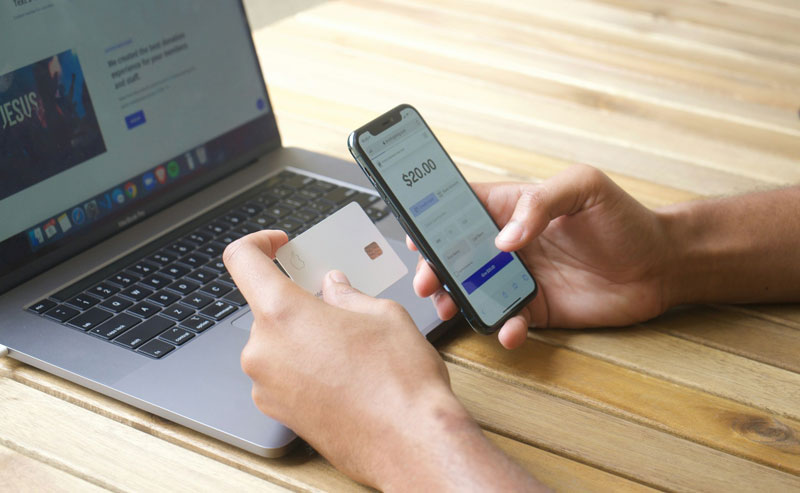In this fast-paced digital era, managing personal finances has become increasingly important. Easy access to information and technology offers various opportunities to increase income and investment, but also presents new challenges in financial management. The temptation of online shopping, deceitful investments, and illegal online loans is increasingly prevalent, so we need to be more vigilant and smart in managing our money.
Many people find it difficult to manage their finances because they lack a proper strategy. They tend to spend money without planning, invest less, and ultimately get caught in financial trouble. However, with good planning and strategy, anyone can achieve financial stability and achieve their financial goals.
Why is Managing Personal Finances Important in the Digital Age?
Managing personal finances is crucial for several reasons. First, easy access to various online shopping and e-commerce platforms encourages impulsive spending. Without a clear budget, people tend to buy items they do not actually need.
Furthermore, the abundance of digital investment options demands greater caution. Deceitful investments or Ponzi schemes are becoming increasingly common, so we need to have sufficient knowledge before deciding to invest. Third, fast-paced lifestyle changes also affect how we manage our money. We need to adapt our budgets to new needs and priorities.
By managing personal finances effectively, you can avoid financial problems such as mounting debt, difficulty paying bills, or not having an emergency fund. Furthermore, you can also achieve long-term financial goals such as buying a house, preparing for retirement, or sending your children to school.
Tips for Creating a Realistic Budget

Creating a budget is the first step in managing your personal finances. Now, this process is made easier by various financial applications that can help you automatically record your expenses and income. These include:
Record All Expenses and Income
You can use various financial applications or spreadsheets to record all your financial transactions. This will greatly help you see where your money goes each month.
Identify Needs and Wants
It is important to distinguish between needs (such as food, transportation, and housing) and wants (such as dining at fancy restaurants, buying designer clothes, or traveling). Prioritize needs first.
Set Financial Goals
Determine what you want to achieve with your money. Do you want to buy a house, pay off debt, or prepare for retirement? Financial goals will help you stay motivated in managing your money.
Create a Monthly Budget
Allocate funds to each expense category based on your priorities.
Review and Adjust Your Budget
You can also review your budget periodically (for example, every month) and adjust it if necessary. If there are changes in your income or expenses, make adjustments immediately.
Manage Debt Wisely
Debt can be a useful tool for achieving financial goals (for example, buying a house or a car), but it can also become a heavy burden if not managed properly. Managing your personal finances also means managing your debt wisely. Here are some tips for managing debt:
- If you have multiple debts, prioritize paying off the debt with the highest interest rate first. High-interest debt (such as credit cards) can eat away at your finances if not paid off promptly.
- Create a realistic and disciplined debt repayment plan. Set aside a portion of your income each month to pay off debt. Avoid delaying debt payments, as this can increase the amount of interest you have to pay.
- Avoid taking on debt for non-essential or consumer goods (such as luxury goods or vacations). Consumer debt will only increase your financial burden in the future.
- If you have a lot of debt, consider debt consolidation. Debt consolidation is the process of combining several debts into one debt with a lower interest rate. This can make it easier for you to manage your personal finances and pay off debt.
Utilizing Financial Apps to Manage Your Finances

In the digital age, there are countless apps and platforms available. Technology can help us manage our personal finances more easily and efficiently. Here are some ways to leverage technology to manage our personal finances:
Using Financial Apps
There are many financial apps that can help you track expenses, create budgets, and manage investments. Some popular apps include Mint, NAB (You Need A Budget), and Personal Capital.
Take Advantage of Online Banking Features
Almost all banks offer online banking features that allow you to easily check balances, make transfers, and pay bills. Take advantage of these features to manage your personal finances more efficiently.
Automate Savings and Investments
Automate your savings and investment processes by setting up automatic transfers from your bank account to your savings or investment account each month. This will help you achieve your financial goals without the hassle of doing it manually.
Take Online Finance Courses and Webinars
There are many online finance courses and webinars that can help you improve your knowledge and skills in managing your personal finances. Take a course or webinar that suits your interests and needs.
Managing personal finances in the digital age requires strategy and discipline. However, with proper planning, the use of technology, and a commitment to achieving financial goals, anyone can achieve financial stability and a brighter future.






